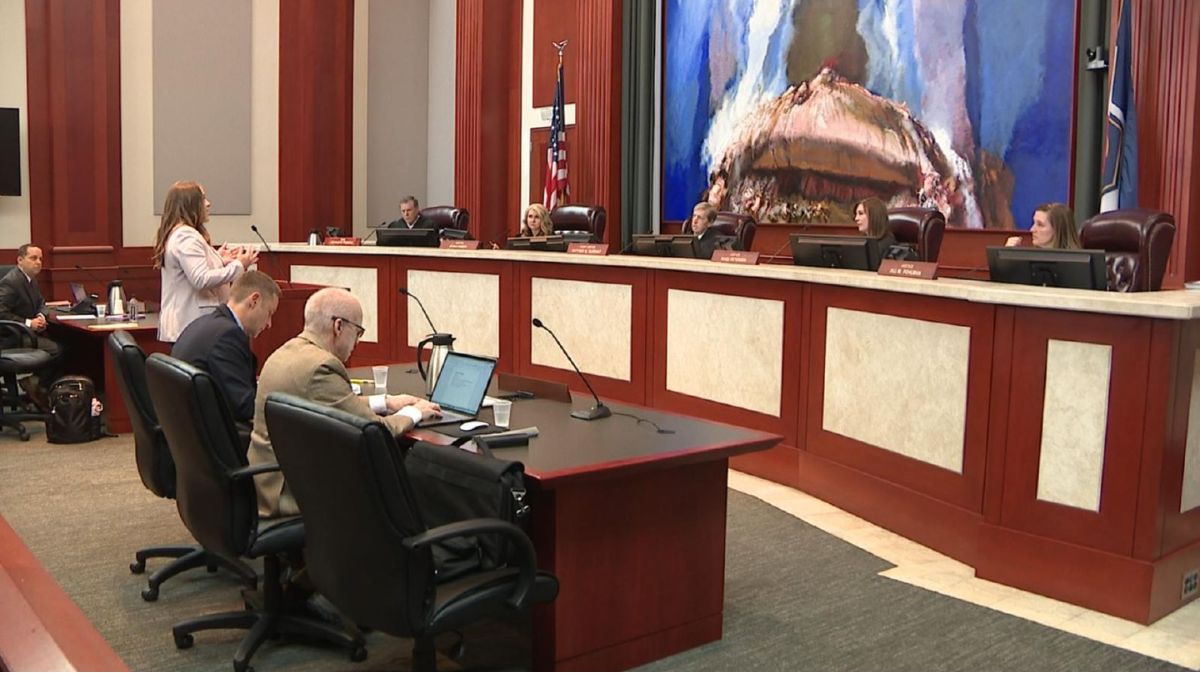A new decision from the Utah Supreme Court is pushing HR departments and workplace leaders to re-examine how they manage retaliation complaints.
Issued on November 13, 2025, the ruling revisits the case of Theresa Christensen, a former Salt Lake County employee who argued that she experienced retaliation after reporting sexual harassment by her supervisor.
The court’s findings sharpen the legal standards for retaliation under Utah’s Antidiscrimination Act, offering important guidance for employers and HR professionals across the state.
Background of the Christensen Case
Employee’s Allegations Against Her Supervisor
Christensen’s concerns date back to 2016, when Brian Beck took over as her direct supervisor. She claimed that Beck:
- Frequently commented on her physical appearance
- Monitored her work activities more closely than others
- Imposed specific requirements on her, such as targeted badge-swiping rules
Feeling uncomfortable and targeted, Christensen shared her worries with union representatives, who brought the complaint to management.
Management’s Response and Escalation
Rather than opening a thorough investigation, Christensen alleged that management:
- Warned her not to discuss the accusations with coworkers
- Informed Beck of her complaint
- Issued her a poor performance evaluation
- Gave her a written warning
- Continued to subject her to intense supervision
Christensen said these actions caused emotional strain and ultimately forced her to take medical leave. She later opted for early retirement, relying on her personal retirement savings to make up for reduced pension benefits.
Legal Journey Through Utah’s Labor System
Initial Administrative Findings
An administrative law judge initially dismissed Christensen’s retaliation claim. The Utah Labor Commission Appeals Board, however, disagreed and ruled that the county had retaliated against her. Still, the Board declined her request for statutory attorney fees.
Appeals Lead to Supreme Court Review
Both Christensen and Salt Lake County appealed different parts of the Board’s ruling, bringing the case before the Utah Supreme Court.
On November 13, 2025, the court issued a landmark opinion that:
- Adopted the Burlington Northern (federal) standard for defining an “adverse action” in retaliation cases.
- Clarified that retaliation occurs when an employer’s conduct would deter a reasonable worker from making or supporting a discrimination claim.
However, the court also found that the Appeals Board did not fully apply this standard when reviewing Christensen’s evidence.
Case Remanded for Further Review
Because the factual findings were incomplete, the Utah Supreme Court sent the case back for another review. Additionally, the court affirmed that the Labor Commission can award attorney fees to successful employees and must evaluate whether the fee request is reasonable.
What This Means for HR Professionals
Stricter Expectations for Handling Complaints
This ruling serves as a clear reminder that HR teams must follow legally compliant and transparent processes when dealing with:
- Sexual harassment allegations
- Workplace retaliation complaints
- Employee performance reviews following complaints
- Internal reporting procedures
The Importance of Proper Documentation
The court stressed the need for:
- Prompt investigation of employee concerns
- Consistent documentation
- Avoiding actions that could be interpreted as retaliation
- Ensuring supervisors do not become aware of complaints prematurely
- Protecting employees who come forward
Strengthening HR Compliance
Though the final outcome of the Christensen case is still undecided, the ruling provides a much clearer framework for evaluating retaliation claims. HR managers must now ensure policies are aligned with the Burlington Northern standard, which could significantly influence how future cases are handled across Utah.
The Utah Supreme Court’s decision is more than a procedural update — it is a strong directive to employers statewide. By clarifying the legal threshold for retaliation and refining the rules around attorney fee awards, the court emphasizes the importance of fair, consistent, and well-documented HR practices.
As the Christensen case proceeds, HR professionals should take this opportunity to review their current procedures and guarantee that all employee complaints are addressed ethically and in full compliance with the law.



